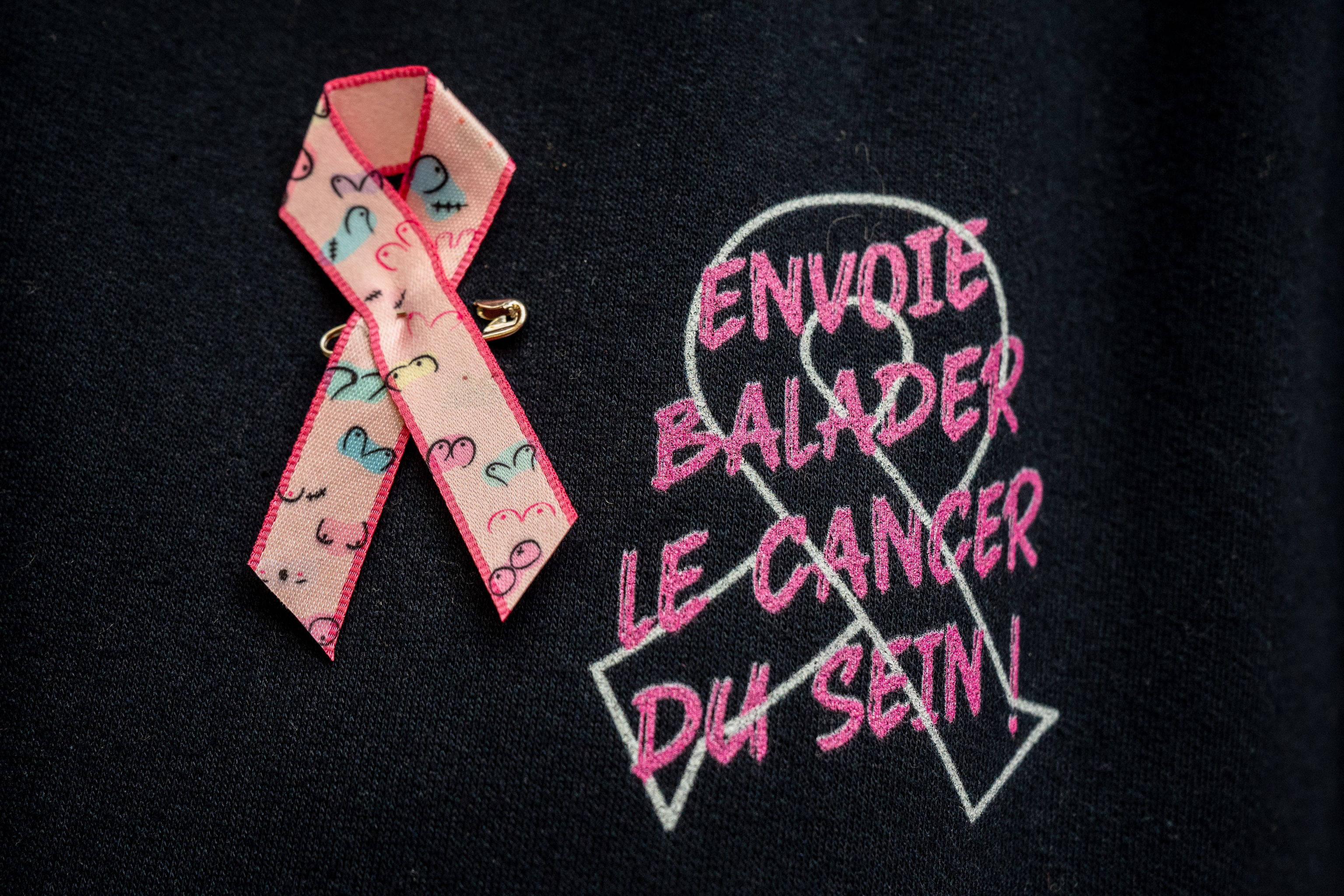Researchers find way to better predict breast cancer development

An international team of researchers has developed a way to better predict the development of a possible precursor of breast cancer into invasive breast cancer. This was announced in a press release on Tuesday by the Flemish Institute for Biotechnology (VIB), which was involved in the study.
The researchers studied the growth of ductal carcinoma in situ (DCIS), a possible precursor to breast cancer. DCIS consists of abnormal cells in the milk ducts of the breast. In Belgium, it is found in about 2,000 patients out of the 10,000 breast cancers diagnosed each year because of calcium deposits that can be seen on an X-ray of the breast, or mammogram, which may indicate DCIS.
However, it is not yet possible to predict which DCIS will develop into breast cancer and which will not. For this reason, almost all women with DCIS are treated with preventive mastectomy or breast-conserving surgery, followed by radiotherapy and sometimes hormone therapy.
Living biobank
To prevent this "overtreatment" in the future, the researchers created a living biobank of DCIS cells to better understand their progression to cancer. The researchers took DCIS cells from women's surgical tissue and implanted them into the mammary glands of mice. They then followed the growth of the very different DCIS lesions for a year, with almost half of the mice developing invasive breast tumours.
The molecular study revealed that the presence of a specific protein, HER2, increased the risk of breast cancer. Three-dimensional microscopy showed that human DCIS cells had two different growth patterns that could predict breast cancer risk: in most of the mice that did not develop breast cancer, the DCIS cells had replaced the mouse cells in the milk ducts, while in those that developed breast cancer, the milk ducts had been "inflated" by the DCIS cells.
"The fact that we were able to find out from the growth pattern which DCIS populations lead to breast cancer and which do not is promising"
"The fact that we were able to find out from the growth pattern which DCIS populations lead to breast cancer and which do not is promising," says Colinda Scheele of VIB-KU Leuven Centre for Cancer Biology. "If we can also show human patients which DCIS cells will not develop into cancer, we could save them a lot of physical and mental suffering." The study was published in the scientific journal Cancer Cell.
#FlandersNewsService | © BELGA PHOTO MAXIME ASSELBERGHS